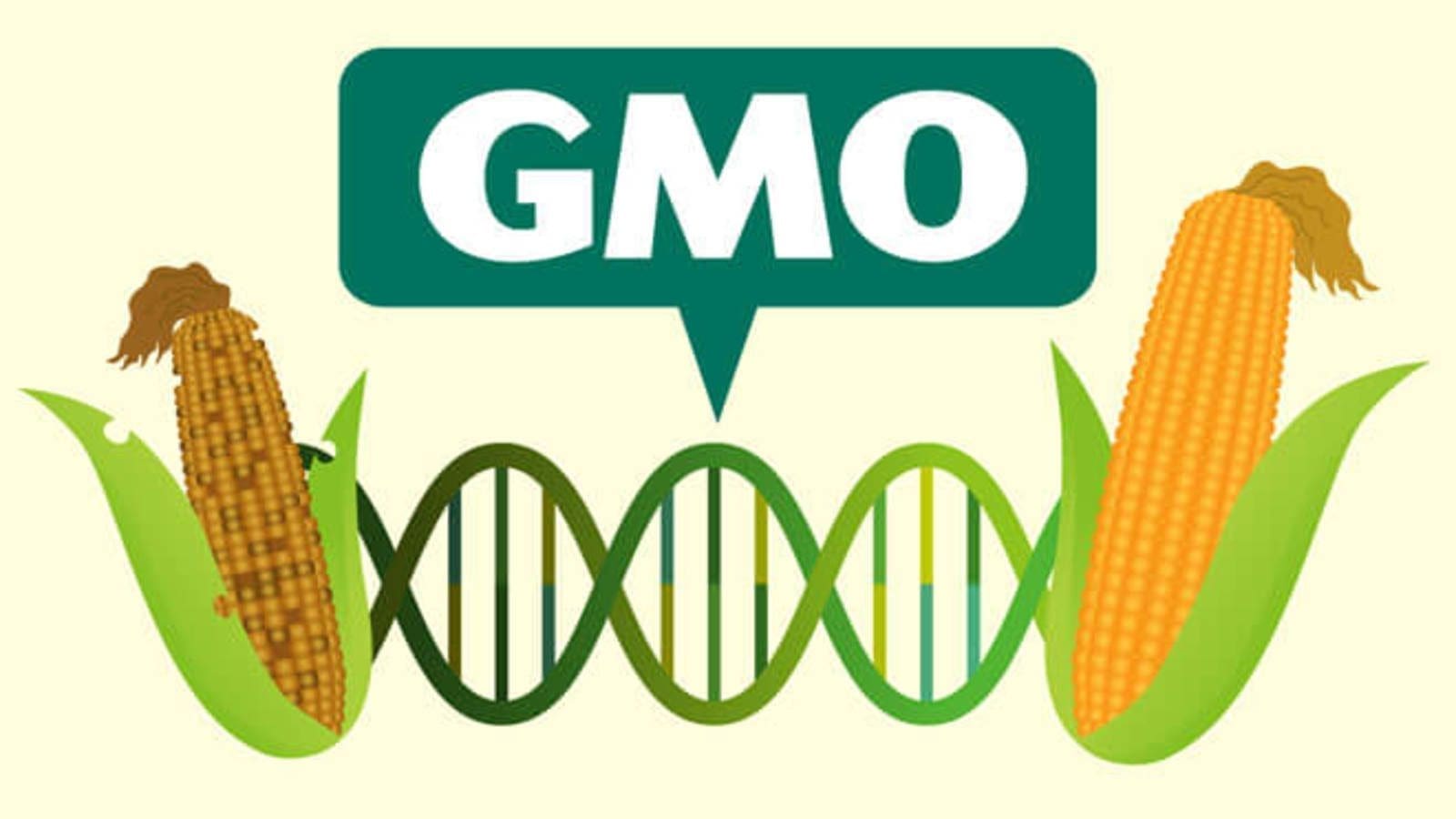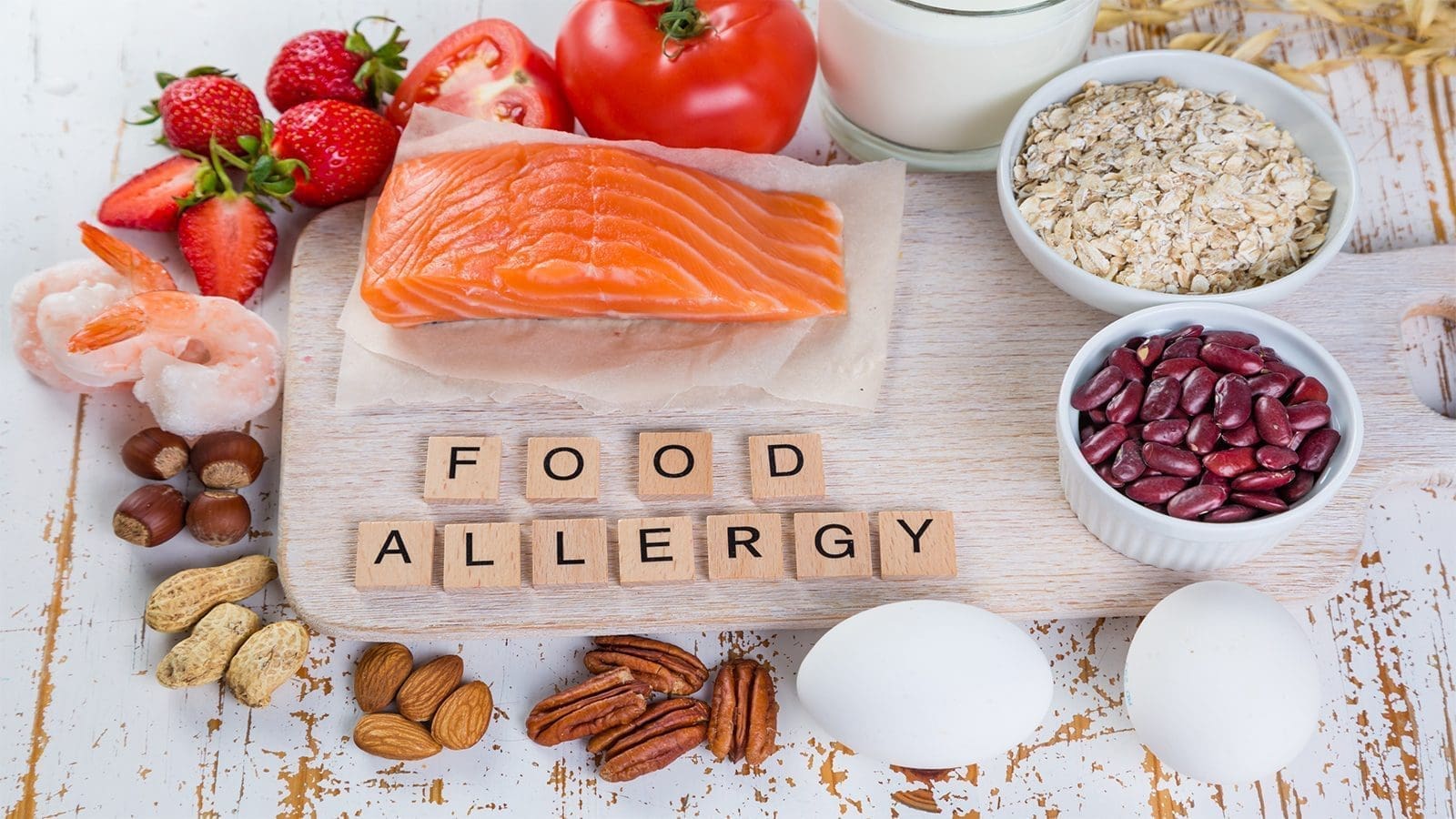GHANA – Ghana has adopted a national program to limit aflatoxin in food and feed with the goals of safeguarding human health, protecting animal health, and boosting incomes for farmers, the food industry, and value chain participants.
The policy is accompanied by a five-year implementation plan that runs from 2021 to 2025 and calls for significant contributions from the Ministries of Health, Environment, Science, Technology, and Innovation (MESTI), Trade and Industry, and Food and Agriculture to rid Ghana of the negative effects of aflatoxins and other food safety risks.
Dr. Kwaku Afriyie, the Minister of Environment, Science, Technology, and Innovation (MESTI) launched the policy and stated that scientists and researchers had confirmed the existence of aflatoxins.
Aflatoxins are a class of toxic compounds produced by certain moulds found in food and could cause liver damage and cancer when consumed by humans or animals.
Factors such as high temperature, high humidity, and bad hygienic practices often predispose food products to mould infection and subsequent aflatoxin production.
Dr. Afriyie claimed that although there was no evidence in Ghana connecting aflatoxin to liver cancer, the number of cases was rising, with 3,453 instances reported by 2020, representing 21% of all cancers.
The Minister claimed that aflatoxins also posed a barrier to trade and market development because consumers, including those in the food industry and importing nations, reject products that have been contaminated.
He claimed that Ghana loses about 18% of its maize each year as a result of aflatoxin contamination.
The policy, according to Dr. Afriyie, is in keeping with the government’s Coordinated Programme of Economic and Social Development Policies (2017-2024), which recognizes the difficulties in agriculture, nutrition, and health and includes plans for resolving them.
When implemented, he said, it would boost the success of the government’s flagship programmes including Planting for Food and Jobs, Planting for Exports and Rural Development, Rearing for Food and Jobs, and One District One Factory.
“Essentially, the implementation of the national policy will create awareness and equip agriculture value chain operators with knowledge and skills to produce raw materials devoid of aflatoxin contamination that will yield premium prices as well as serve as good raw materials for these flagship programmes,” he stated.
Aflasafe for aflatoxin control
The Minister added that local feed and food processing businesses would have access to secure and high-quality raw materials for their value-adding operations, which would reduce post-harvest losses and allow all types of farmers, aggregators, and merchants to maximize their financial gains.
To address aflatoxin in foods and feeds produced in the nation, Prof. Richard Tuye Awuah, Chairman of the National Steering Committee for Aflatoxin Control, urged the government to use Aflasafe, a biological aflatoxin control solution developed in Ghana.
He explained that the products, known as Aflasafe GH01 and GH02, may be given to farmers to use in lowering the amount of aflatoxin contamination in grains, maize, sorghum, millet, groundnuts, and animal products including milk and meat.
The Minister of Food and Agriculture, Dr. Owusu Afriyie Akoto, stated in a speech read on his behalf that the ministry had created a Plants and Fertilizer (Aflatoxin Control in Maize Grains), Regulation 2020 (L.I 2428) and codes of practice for the prevention, reduction, and elimination of aflatoxin contamination in maize and groundnut in the nation as part of the policy.
“I expect that the policy will lead to a considerable reduction of the high levels of aflatoxins contamination in maize, groundnuts, and others, thereby increasing the health of Ghanaians and also boosting domestic and international trade,” he said.
For all the latest food safety news from Africa and the World, subscribe to our NEWSLETTER, follow us on Twitter and LinkedIn, like us on Facebook and subscribe to our YouTube channel.








